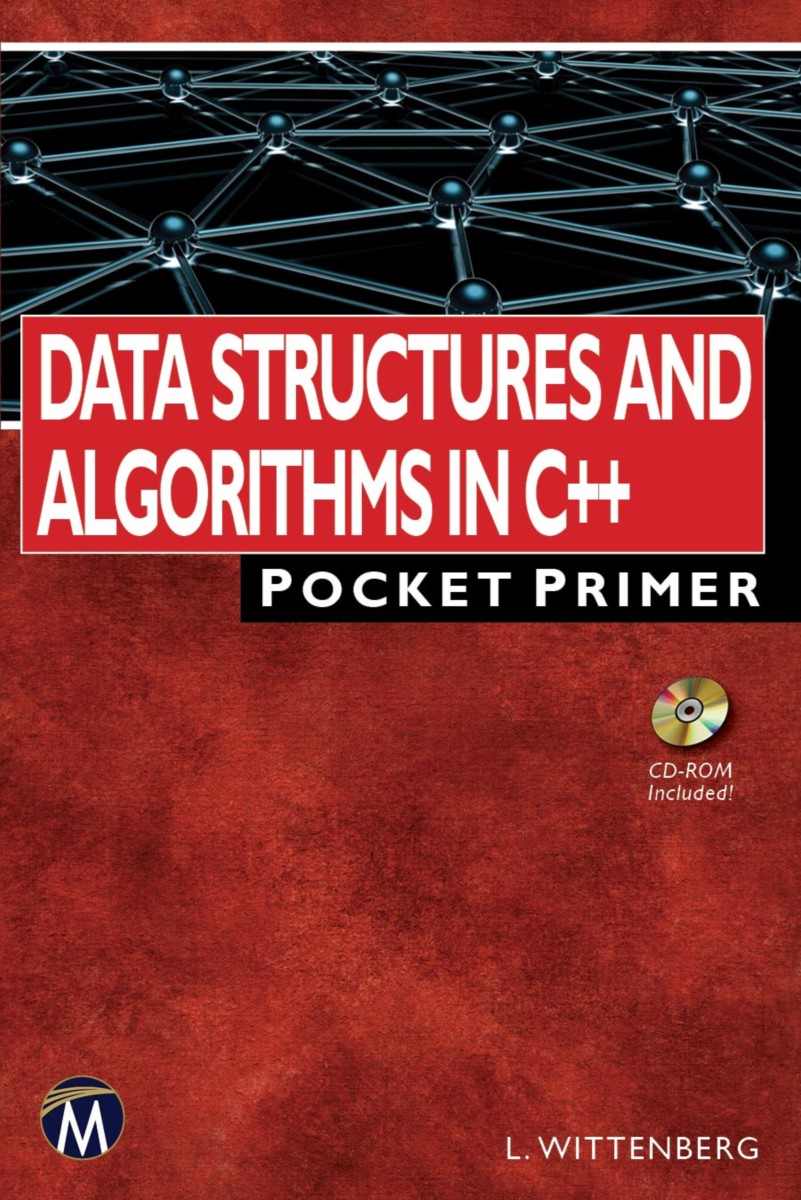- Publisher
Mercury Learning and Information - Published
27th April 2017 - ISBN 9781683920847
- Language English
- Pages 200 pp.
- Size 6" x 9"
E-books are now distributed via VitalSource
VitalSource offer a more seamless way to access the ebook, and add some great new features including text-to-voice. You own your ebook for life, it is simply hosted on the vendor website, working much like Kindle and Nook. Click here to see more detailed information on this process.
- Publisher
Mercury Learning and Information - Published
30th March 2017 - ISBN 9781683920854
- Language English
- Pages 200 pp.
- Size 6" x 9"
Library E-Books
We are signed up with aggregators who resell networkable e-book editions of our titles to academic libraries. These editions, priced at par with simultaneous hardcover editions of our titles, are not available direct from Stylus.
These aggregators offer a variety of plans to libraries, such as simultaneous access by multiple library patrons, and access to portions of titles at a fraction of list price under what is commonly referred to as a "patron-driven demand" model.
- Publisher
Mercury Learning and Information - Published
27th April 2017 - ISBN 9781683922773
- Language English
- Pages 200 pp.
- Size 6" x 9"
This book takes a minimalist approach to the traditional data structures course. It covers only those topics that are absolutely essential; the more esoteric structures and algorithms are left for later study. Suitable for an introductory data structures course or self-study, this book is written from the ground up in C++ (not translated from a Java-based text), and uses features of the C++ Standard Template Library to illustrate important concepts. A unique feature of the text is its use of literate programming techniques (originally developed by Donald Knuth) to present the sample code in a way that keeps the code from overwhelming the accompanying explanations. This book is suitable for an undergraduate data structures course using C++ or for developers needing review.
Features
• Takes a “minimalist” approach to the material that presents only essential concepts. This enables readers to focus on (and remember) just what they’ll need.
• Uses select features of the C++11 standard to simplify the sample code and make it easier to understand.
• Connects the concepts directly to the classes provided the Standard Template Library (STL), and shows how these classes can be implemented in C++.
• Uses “literate programming” techniques that allow the presentation of the sample code to more clearly show the details of the code as well as how the pieces fit together.
1: C++ Review.
2: Algorithm Analysis.
3: Linked Lists.
4: Stacks and Queues.
5: Recursion.
6: Binary Trees.
7. Binary Trees (Continued)
8: Sorting.
9: Hash Tables.
10. Graphs
Appendices:
A. Programmer's Library.
B. STL Class Summary.
C. Chunk Index.
Index.
Lee Wittenberg
Lee Wittenberg teaches computer science and coaches the programming team at Maryville College.


